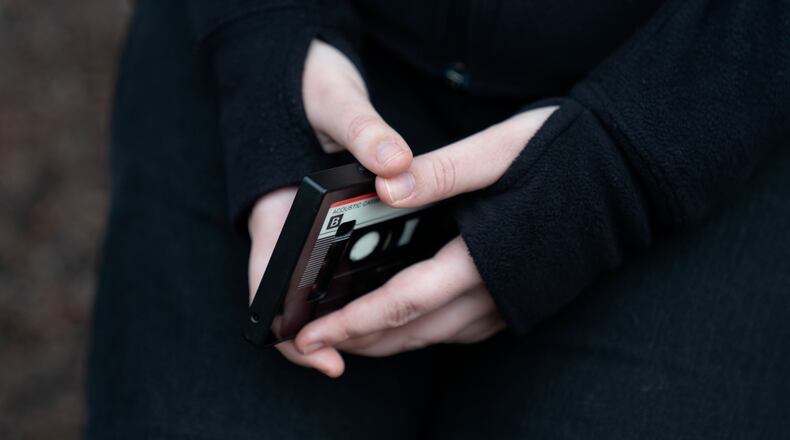If kids are going into middle school and experiencing changing classrooms on their own for the first time, parents can get the kids’ class schedules ahead of time and go over what changing classes will be like. If you have the opportunity to visit a school prior to school lessons starting, parents can also walk them through the class schedule and show their kids where each of their classes will be.
For younger kids in elementary school, parents could walk them to their bus stop so they can get used to where it is at, Blankenship said.
“If there’s any ability for them to go to the school and meet the teacher ahead of time—some schools offer that kind of thing, some schools don’t—but that can be really helpful in helping kids decrease anxiety,” Blankenship said.
“The younger children are going to care about the teacher, their seats, and the environment probably a little bit more than the older kids are going to be worried about that,” said Dr. Anessa Alappatt, a family medicine physician with Premier Health’s Fairborn Medical Center. “So all kids that are in a new environment and then all younger kids, you want to take them to the school before you go, whether it’s just like driving to the school and back home. If there’s an opportunity to do meet the teacher or visit the classrooms that is important in reducing stress.”
Getting kids back into a routine of going to bed early and getting up early for school can also be helpful to practice.
“For kids that are highly anxious or worried about going back to school, those kinds of things can be really helpful,” Blankenship said.
Kids may isolate themselves if they’re worried about making friends, so parents and students can take advantage of clubs, interest groups, boy or girl scouts, 4-H clubs, or other ways of getting to know other students ahead of before school starts.
“If they are worried about friends, but then they isolate themselves and become introverted, it can be somewhat of a self-fulfilling prophecy in that sense,” Alappatt said. It can also be helpful for kids who are anxious about friendships if they can reconnect with friends they had the previous school year or meet other kids in their neighborhood prior to the first day of school, Alappatt said.
If parents are anxious about the start of school, kids may pick up on that, Alappatt said, parents to be encouraging and hopeful for the start of school.
Then after school starts, parents should give their kids time to adjust, as well as continuing to talk to their kids about how they’re feeling.
“Give the kids a couple weeks to adjust, ask questions, and if they’re needing help, make sure to be able to go assist them in that, whether it’s seeking outside help through a physician or even in school with the counselor. Those are all kind of important things,” Alappatt said.
Parents can also help their kids recognize their feelings and concerns about going back to school are normal.
“I think some things that parents and guardians can do is, first, normalize the fact that it is a little nerve-wracking to go back to school and leave our summer routines,” said Jill Dudley, a licensed school counselor with Dayton Christian School.
Families can also focus on making good habits that are physically going to help kids prepare for the stressors that come with routine changes, Dudley said.
“Make sure your kids are getting adequate sleep, eating a proper diet, and giving them time to share their concerns,” Dudley said.
About the Author

